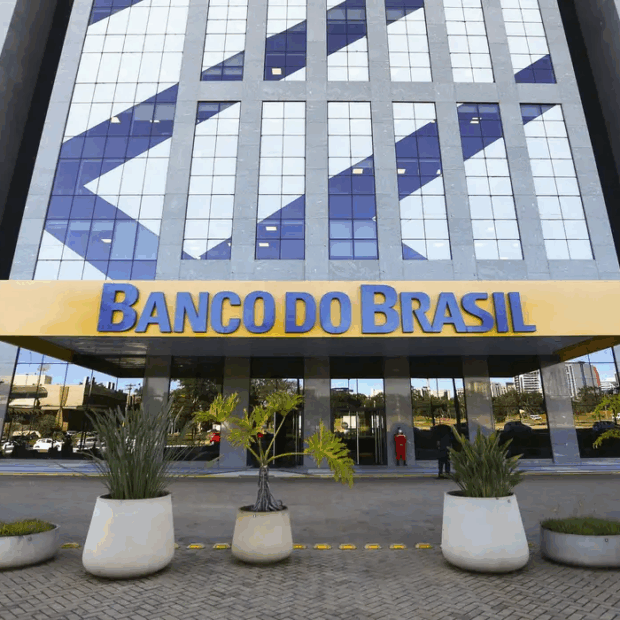MATHEUS DOS SANTOS
FOLHAPRESS
As ações dos principais bancos brasileiros caíram muito nesta terça-feira (19) depois que o ministro Flávio Dino, do Supremo Tribunal Federal (STF), indicou que pode punir instituições financeiras que aplicarem sanções contra seu colega de tribunal, Alexandre de Moraes.
A queda foi sentida na Bolsa, que marcou baixa de 1,89% às 12h01, com os papéis do BTG em queda de 3,46%, do Bradesco 3,60%, do Itaú 3,28%, do Santander 2,82% e do Banco do Brasil 4,17% no mesmo horário.
O aviso de Dino veio na segunda-feira (18) numa decisão relacionada ao rompimento da barragem de Mariana (MG), em que declarou que ordens judiciais e governamentais de fora do Brasil só têm validade aqui se forem confirmadas pelo Supremo.
This possibility of punishing banks arose after discussions in the STF with bankers concerning sanctions from the US government against Moraes, where the response was seen as insufficient.
Ministers noted that no bank guaranteed to block financial sanctions against the minister in Brazil, even though current restrictions focus only on foreign transfers.
According to economist and CEO of Veedha Investimentos, Rodrigo Marcatti, banks face a difficult situation. Because of their ties to the international financial system like Swift and overseas operations, they risk having to comply with Supreme Court orders while facing penalties that could affect their business globally.
Moraes was sanctioned in July under the US Magnitsky Act, a law used to impose economic sanctions on individuals involved in corruption or human rights abuses.
This US legislation freezes any assets the sanctioned individual holds in the US and can prohibit American financial entities from dealing in dollars with them.
This could include restrictions on credit card networks such as Mastercard and Visa. The impact on transactions made by Moraes within Brazil in reais is still being reviewed by banks.
Most banks contacted did not respond before the report’s publication.
In a statement, Banco do Brasil said it operates according to Brazilian law, the regulations of more than 20 countries where it has presence, and international financial standards.
The bank also said it is prepared to handle complex and sensitive matters involving global regulations.

